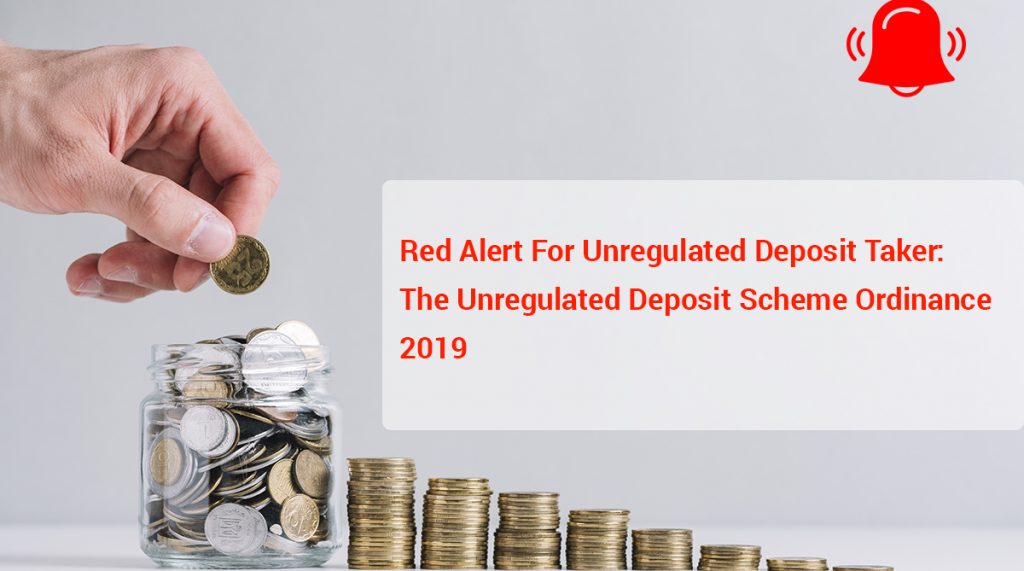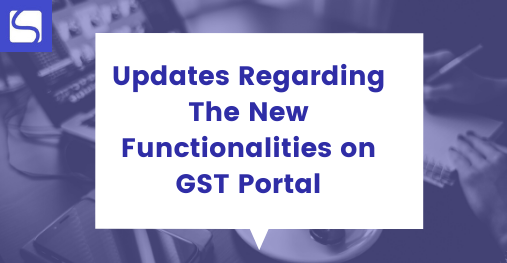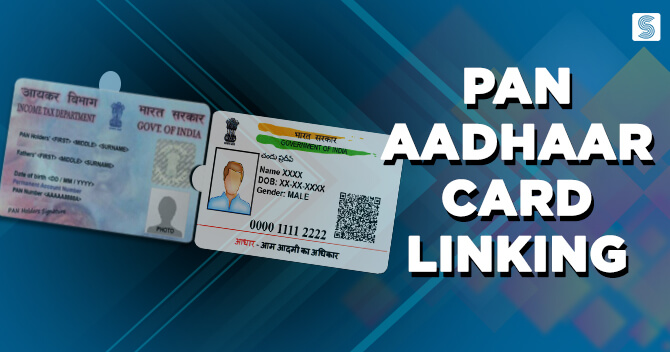Red Alert for unregulated deposit taker: The Unregulated Deposit Scheme Ordinance 2019

Neha Saxena | Updated: Feb 25, 2019 | Category: News
The Unregulated Deposit Scheme Ordinance 2019, popularly known as unregulated Deposit ordinance is regarded as the most impacting hurried ordinance after the introduction of GST and Demonetization in India. This ordinance aims at curbing the unregulated deposit, Ponzi scheme, illegal chit funds, expose the hidden deposits. Further to an extent, it imposes the restriction and prohibition over advancing as well as acceptance of such unregulated deposit.
Table of Contents
The Unregulated Deposit Scheme Ordinance 2019
The ordinance was promulgated by the present President Mr. Ram Nath Kovind[1] on the 21st day of February 2019. It was passed in Lok Sabha but could not succeed in Raj Sabha. It clearly distinguishes the deposit in Regulated deposit and unregulated deposit. Additionally, the Unregulated deposit is prohibited as well as punishable under the new ordinance. It aims to not to repeat the earlier big scams like Saradha and Rose Valley.
What is Unregulated deposit?
The unregulated deposit is defined as the depositor scheme which is not Regulated Deposit Scheme as prescribed in the Fist schedule of the Unregulated Deposit Scheme Ordinance 2019. Further, it relates such arrangements wherein the deposit is accepted otherwise solicited by such deposit taker.
Scope and applicability of the unregulated deposit ordinance:
Exempted deposit:
The ordinance exempts all such Individuals, Company, LLP, Firms taking loan and deposit for their course of business as prescribed under the 2(4) e, f, I and such other provisions of the Unregulated Deposit Scheme Ordinance 2019.
Permitted deposit: One may take deposit form the following:
- Relatives,
- Banks,
- Financial Institutions,
- Property buyers,
- Customers
- For the specified purpose, say for business or such legal reason.
- Apart from above in case of Sole proprietorship, they are allowed to take the deposit from the non-relatives, if it is meant for business purpose only.
Affected entities /persons by the Unregulated Deposit Scheme Ordinance 2019 in India:
- An individual,
- HUF- Hindu Undivided Family
- Company Registration
- Partnership firm
- Trust
- Association of Persons
- Co-operative Society
- All such artificial person
- Others as may be prescribed
What is prohibited under the Unregulated deposit Ordinance:
- Any dealing in the unregulated deposit schemes is prohibited and completely banned.
- The ordinance bans and refrains any deposit taker from promoting about such scheme, or operating in such unauthorized/ unregulated deposit business.
- Further, it refrains from issuing any advertisement or acceptance in a whatsoever unregulated manner.
- No deposit taker shall default in repayment at the time of maturity of such deposit.
- No such related person shall make any false commitment or statement or promise. Neither shall conceal any such material fact about it.
- All such price chit or schemes which are banned under the Price chit and Money Circulation Scheme Banning act 178[2] , is nothing but unregulated deposit scheme under this ordinance.
Speculation about the Unregulated deposit Ordinance in India:
Introduction of such bill just before three months from the UP election 2019 has raised the eyebrows; this is even co-related to be done in the same manner as the demonetization was introduced. It is giving an impression of steps towards recovery of back money. Hence it is expected to gain more attention as well as votes from the general public.
What Reports say?
Around 168 cases were logged by CBI, all pertaining to chit funds. This data relates to 168 cases in the last four years.
Thousands of unauthorized deposit schemes cases are reported to be forwarded to the state agencies after discussion in the SLCC- Stae Level Coordination Committee.
Consequences
- Three categories of offenses have been introduced:
- Already running unregulated deposit schemes,
- Fraudulent default in regulated deposit schemes, and
- Wrongful inducement about unregulated deposit schemes
- Punishment:
The ordinance imposed both pecuniary as well as severe punishment. Severe punishment of 1 year which may extend to 10 years and pecuniary punishment starting from 2 Lac which may extend to 50 Crore has been imposed.
- Others actions :
It may further encroach to the attachment of the personal property of such defaulting person. However, it is noteworthy that defined deadlines are prescribed for such attachment of the property. Moreover, the ordinance aims to safeguard and restitute the depositors.
Proposed action plan:
- An online central based database shall be formulated and placed between the public in general, so that critical information can be shared with the loan depositors.
- Best policies and practices in line with the state legislature shall adhere. Additional efforts are required to be applied to frame such fine policies.
Criticism/ Loopholes in the Unregulated deposit Ordinance:
Firstly, the ordinance does not talk about the cases of medical emergencies, educational reasons, wherein the loan from non-relative may require. The ordinance allows deposit from the immediate family member only.
Secondly, it also calls for respective changes in the RBI Act 1934[3] , Companies Act 2013, Multi- society cooperative act 2002, state acts, and Real estate related laws.
Thirdly, adverse effect on the Real estate is that deposit is allowed only for designated transactions only. Additionally, it can be adjusted against the applicable consideration for future sale.
Fourth, Small traders (SMEs) are badly affected by this ordinance as advancing and receiving a loan is restricted.
Fifth, the students, charity people, individual business owners are stopped to avail loan to an extent.
Expert Analysis:
Impetus groundwork is still pending. The ordinance seems to be brought in a hush –hush. It fails to cover many aspects affecting the business community at large. However, the deposit form non-voting members by cooperative societies, quasi-banks, and such political driven institutions will be strictly regulated and are expected to fall. The ordinance will also augment in the recovery of black money.
It is expected that the ordinance will be reintroduced with required modifications and will succeed in getting the Rajya Sabha approval this time.
We are keeping a close eye on government next time, subscribe to our website, to stay updated.
Also, Read:What is MSME Registration in India?














